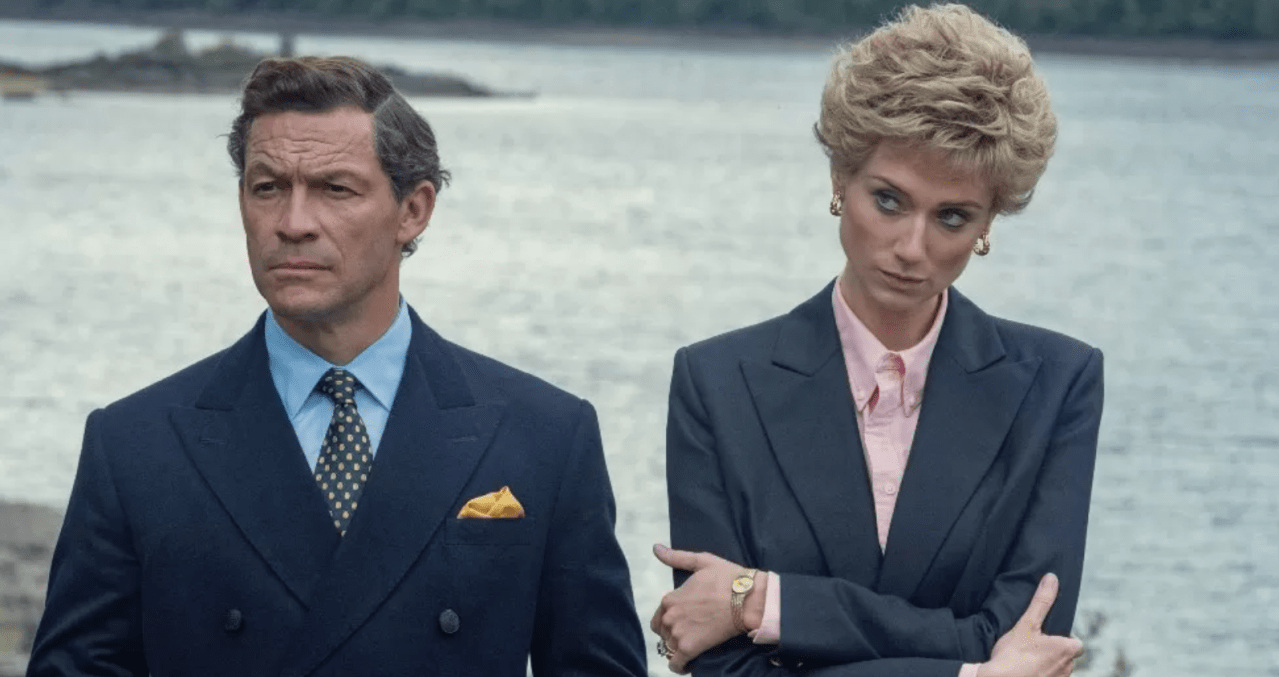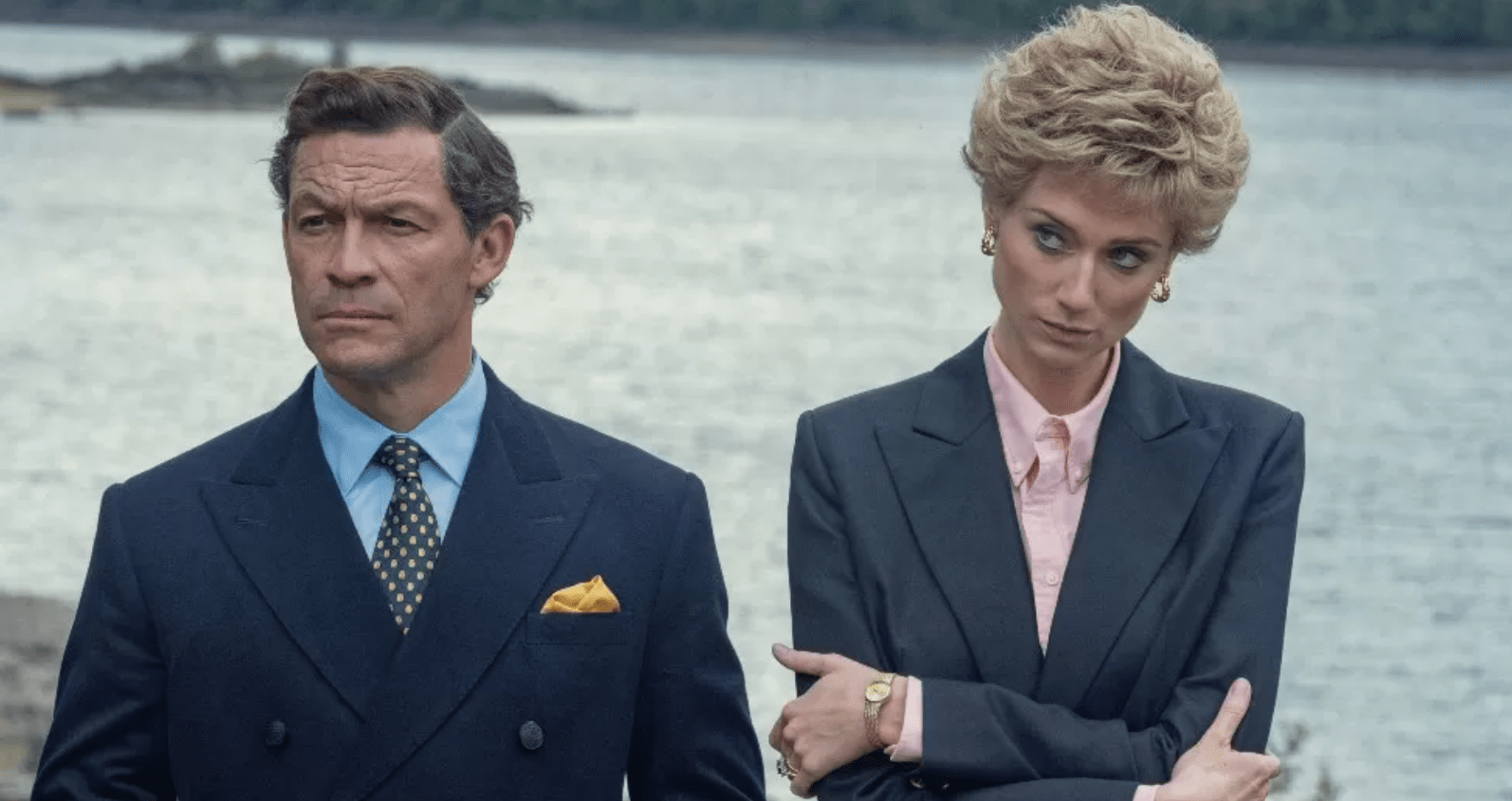The latest series of The Crown has arrived on Netflix. To its predictable advantage, the show has already had the advance-publicity of raised voices. Ex-PM Sir John Major, commenting on a particular scene in the series between him and the then-Prince Charles, said it was a ‘barrel load of nonsense’ and would be ‘profoundly hurtful to a family who are still grieving…’ Dame Judi Dench, in an open letter to the Times, claimed The Crown presented ‘an inaccurate and hurtful account of history’ and urged its creators (successfully) to add a disclaimer admitting the drama was ‘fictionalised.’ Now Sir Tony Blair has joined the chorus of criticism, letting it be known he considers aspects of the series ‘complete and utter rubbish.’
With real-life historical drama – or drama-documentary as it’s more snappily known – such rancour is all in a day’s work. When filmmakers set out to make drama from real events, said TV critic Howard Rosenberg, ‘controversy is bound to follow.’ Writer-producer Jerry Kuehl railed against the form – a hybrid, almost a mongrel one, neither wholly fact nor wholly fiction – claiming that the profusion of drama-docs meant ‘more lies are told about more real people than ever before’. Sometimes historian and dramatist have come to blows. In a famous case in 2003, Hitler biographer Sir Ian Kershaw demanded his name be taken off the CBS miniseries Hitler: the Rise of Evil. Having vowed to stick to the facts and avoid sensationalism, the filmmakers were now calling for new characters and more incidents. Drama had won out over documentary.
Others have distinguished between ‘fact’ and ‘truth’, pleading that scriptwriters be allowed to seek dramatic truths that may transcend the bare facts of time and place. ‘Fidelity, whether to biographical truth or literary text,’ said writer-director Alan Rosenthal in his book Why Docudrama? (1999), ‘is a pedant’s virtue’. Yet he admitted freely that, with drama-documentary, ‘truth is very much in the eye of the beholder’, and that filmmakers tended to ‘select facts for their films that fit in with their prejudices and their point of view on their subject.’
There’s also the question of technique. Unlike in the historian’s world – rigorously footnoted and sourced – the dramatist’s job may be to compress events, conflate characters or even invent them to usher the story along. Stories may be heightened or juxtaposed for dramatic insight to supply you – the viewer – with an experience that works. As Thatcher biographer Sir Charles Moore pointed out, Mark Thatcher’s disappearance in the desert at the Paris-Dakar rally didn’t actually march in step, as depicted by Peter Morgan in The Crown Series 4, with the Argentine invasion of the Falklands (they were separated by several months), but their confluence allowed for a point about personal anxieties affecting public decision-making. It wasn’t strictly true yet didn’t seem to matter much: no one got hurt.
Yet many would feel The Crown’s other alleged distortions – such as the reported scene in the latest series of Charles attempting to conspire with the PM for his mother’s abdication, or the suggestion in Series three that Prince Philip had been partly responsible for his sister’s early death – do cause real damage and aren’t so much poetic licence as straightforward defamation. Nor, perhaps, can they be justified by the fact that, for a writer, conspiracy or personal guilt are innately dramatic and supply necessary shape to a created drama. We all know when we’re being bored by too much detail, but do we know when we’re being mislead? Revealingly, Elizabeth Debicki, playing Princess Diana in series five, was quoted this weekend as saying that she never considered The Crown ‘a documentary, or…obviously true.’
Discovering events you’ve taken at face value in a beloved drama-doc to be pure bunk is always disappointing. In an essay entitled ‘His Race is Run’ in 2020, writer A S H Smyth detailed the fabrications in the Oscar-winning Chariots of Fire (1983), about the Olympic rivalry between runners Harold Abrahams and Eric Liddell in the 1920s. The disillusionments, as Smyth writes, pile up. That marvellous scene of Abrahams, newly arrived at Cambridge University, racing Lord Lindsay round the quad at Trinity Great Court never happened: Lord Lindsay didn’t actually exist. Abrahams’ raising of college eyebrows by employing Italian-Arab professional trainer Sam Mussabini was nonsense too – Mussabini’s help was not sought at all by him till after graduation. The great 1920s love affair in the movie between Abrahams and D’Oyly Carte soprano Sybil Gordon – another writer’s fabrication. Decades on, one is apt to feel cheated, yet Chariots of Fire remains a good film. Even if dodgy history, it might inspire someone to seek out the truth for themselves.
There have clearly been times, though, when drama-documentary has erred too far from the facts and the writer’s political purpose has steamrollered over them. In an enjoyably splenetic article from Commentary in 1994, the writer Richard Grenier unpicked all the falsehoods in Jim Sheridan’s In the Name of the Father (1993). This told the real-life story of Gerry Conlon and his father, wrongly convicted for the IRA Guildford pub bombings, in an infamous miscarriage of British justice twenty years before.
Along with the dastardly British justice system, Sheridan’s film has a flesh-and-blood villain, the malignant Inspector Dixon (Corin Redgrave) who bullies Gerry Conlon into confessing and then, when an IRA man called Joseph McAndrew owns up to committing the crime instead, callously buries the evidence. The policeman is not the only one to play fast and loose with the truth, Grenier suggests: amidst a welter of distortions, neither Dixon nor McAndrew actually, in real life, existed. Thompson’s grandstanding speech to the court at the end of the picture – with breaking voice and tears – would also not be going ‘down in the history of British law’, Grenier tells us drily, ‘for the simple reason that it was never delivered. It is another fiction.’
However good Daniel Day Lewis’s performance as Conlon, or the late Pete Postlethwaite as his father, this was arguably a case of a drama-doc going haywire, taking you not so much on a historical journey as for a ride. ‘At what point,’ asked the Daily Telegraph’s reviewer at the time, ‘does dramatic licence shade into unwarranted distortions of the truth?’
Debates will continue to fester about which camp The Crown falls into, long after the series has finished. Sometimes squalls can blow up centuries after the events described or after the author’s death. In his book Year of the King (1985), the late actor Sir Anthony Sher, giving an account of preparations for his celebrated performance as Richard Duke of Gloucester, describes a letter he received at the time from a member of the Richard III Society. It accused him of being ‘yet another actor to ignore truth and integrity’ by performing in a ‘monstrous lie perpetrated by Shakespeare about a most valiant knight and honourable man and most excellent King.’
What’s good enough for Shakespeare is arguably good enough for Peter Morgan too. But both might well have prefaced their works with the onscreen disclaimer of Morgan’s The Deal (2003), his Blair-and-Brown drama-doc from a more cautious, perhaps less lionised point in his career: ‘Much of what follows is true.’







Comments